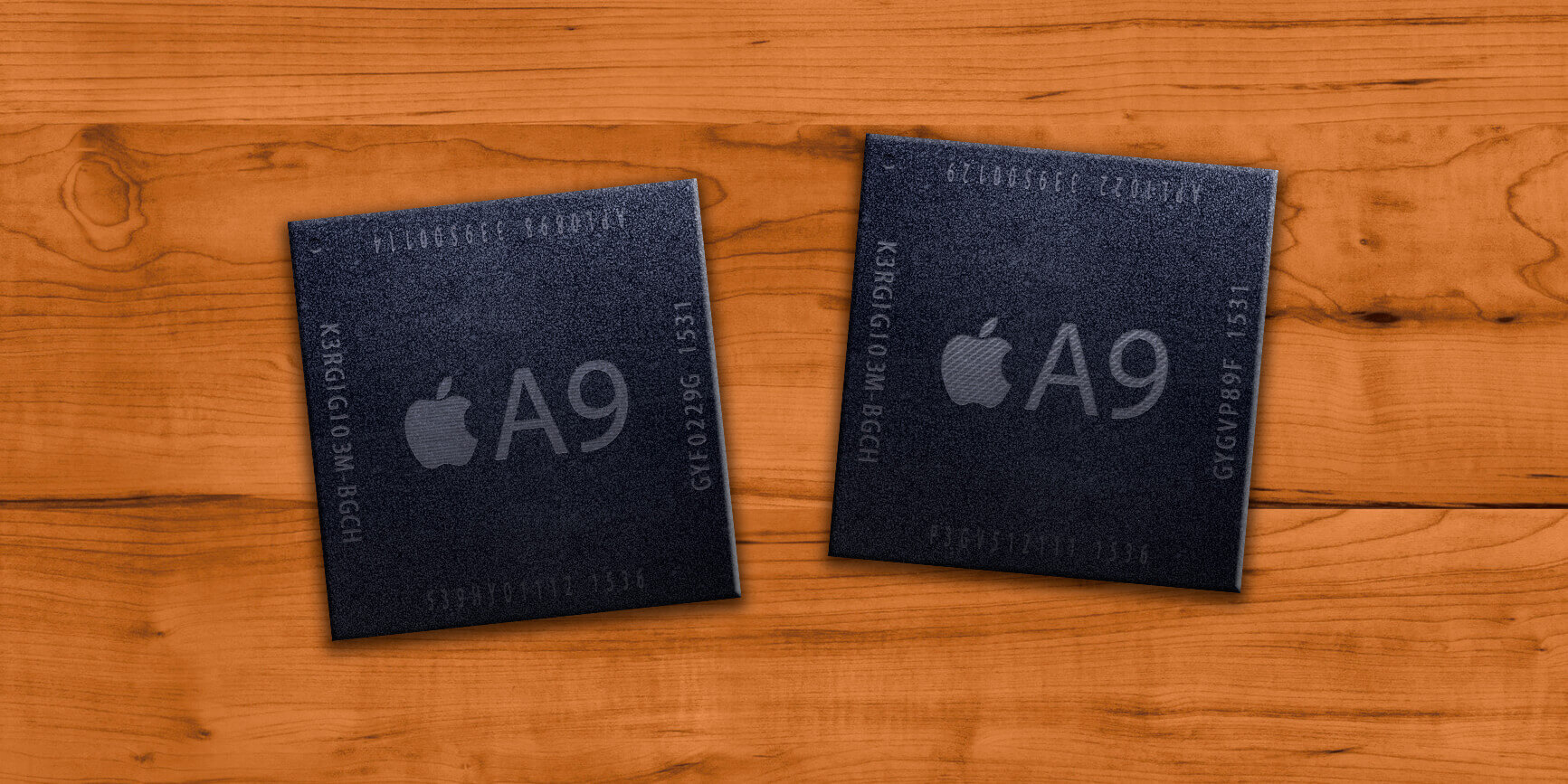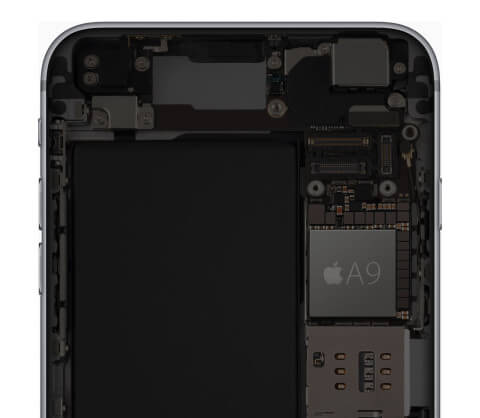The yearly post-launch iPhone scandal is here, but is it worth paying attention to?
The iPhone 6s and 6s Plus were only released last month, but it hasn’t taken long for the inevitable media outcry to blossom. In years gone by we’ve seen antennagate and bendgate; this year the internet is awash with talk of chipgate (or, alternatively, batterygate). There’s talk of “good” and “bad” iPhones, supposedly identical devices offering different battery life due to processing chip discrepancies. Is there any accuracy to these claims?
What is chipgate?
Here’s the facts: Apple commissioned two companies – Samsung and TSMC – to manufacture the powerful A9 processing chips for its latest batch of iPhones. When you sell 13 million units on opening weekend, sometimes it’s necessary to split the workload. The chips are distributed seemingly randomly amongst iPhones, split roughly 50/50, and there’s no way to tell which one you have without resorting to third-party apps to check system ID numbers.
Long story short, word got out that the TSMC chips performed markedly better under strain than the Samsung chips, leading many to believe they may be in possession of a “bad” iPhone. One report claimed the difference in battery life could be as much as 33% – hence the media outcry.
Delving a little deeper
However, the tests purporting to reveal inferior iPhone models are hardly extensive. One notable test performed intensive benchmark tests with Geekbench, showing that an iPhone with a TSMC chip lasted 50 minutes longer than the Samsung-chipped iPhone before hitting 50% battery life. Sounds significant.
As Apple is keen for everyone to realize, though, these kind of benchmarks are “a misleading way to measure real-world battery life.” The same tester also tried playing a 60-minute video on both devices, with only a 1% discrepancy in battery life after the hour. Further testing was done over at Ars Technica, who eventually concluded that the Samsung chip they were testing was marginally less efficient than the TSMC – but not enough to be noticeable in day-to-day usage.
After slightly more extensive testing, Consumer Reports found “no significant difference” between the two chips. Many other blogs and individuals have tried their own tests, and the general consensus seems to be that although there is some difference in performance, it’s only noticeable during unrealistically processor-heavy testing and even then the discrepancies vary from tester to tester. The results are unanimously inconclusive.
Comparing Apples to Apples
Apple uses multiple sources for many of its components – as do a great deal of manufacturers – and so testing a limited pool of just two particular iPhones is almost irrelevant. Battery drain in particular is based on so many variable factors that are hard to tie down when testing with just two devices. Mobile carrier, Wi-Fi strength, apps installed, usage patterns and the slight variances in all the other components. Apple has the luxury of being able to test thousands of handsets and aggregate the data – and luckily they’ve done just that.
It’s rare for Apple to comment on hearsay like this, but the company explained in a statement that a little variance is to be expected, saying its “testing and customer data show the actual battery life, even taking into account variable component differences, vary within just 2-3% of each other.” Even two processing chips from the same factory won’t necessarily perform exactly the same as one another.
Plus, all components need to pass Apple’s minimum performance requirements to make it to the shop floor, meaning that the truly “bad” chips get trashed during production. Regardless of who made the components in your iPhone, they’re all produced to Apple’s quality standards and will perform within acceptable limits. Apple’s A9 processor – whichever version you have – is astonishingly fast, and any perceived differences aren’t big enough to worry about.
Samsung’s swansong
Interestingly enough, early reports suggest that Apple is planning to dump Samsung and go steady with TSMC as the sole chip-provider for the iPhone 7. Is this a sign of Apple quietly admitting defeat? Conceding that the Samsung processing chips are inherently inferior? Probably not, as the decision was apparently made over a month before batterygate was even a thing.
Apple and Samsung are of course massive rivals in the smartphone business, with a billion-dollar court case older than time itself still between them. If the reports are true, it’s no surprise that Apple would want to cut the cord and ditch its reliance on a competitor. It’s a shame, though – we were this close to a legitimate conspiracy.
Should you care?
So, while technically true that some iPhones may perform (almost imperceptibly) better than others, it’s worth noting that this would be the case even if Apple manufactured all of their processors in-house. It’s also the case, to some degree at least, with every other smartphone out there. There are so many variables to consider, and in the vast majority of cases the effects of one chip over another are trivial at best.
Like last year’s wildly exaggerated bendgate scandal (the iPhone 6 buckles if you sit on it!), batterygate isn’t as important as the headlines would have you believe. These would-be scandals crop up like clockwork after every major iPhone launch – if anything, the fact that processor manufacturers are the focus this year is a good sign for iPhone 6s owners. It means there weren’t any real technical calamities to write about!
Ultimately, when the chips are down, it really doesn’t matter who made them.


